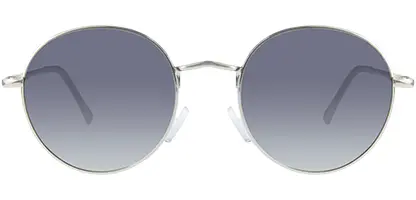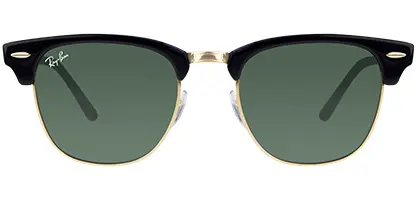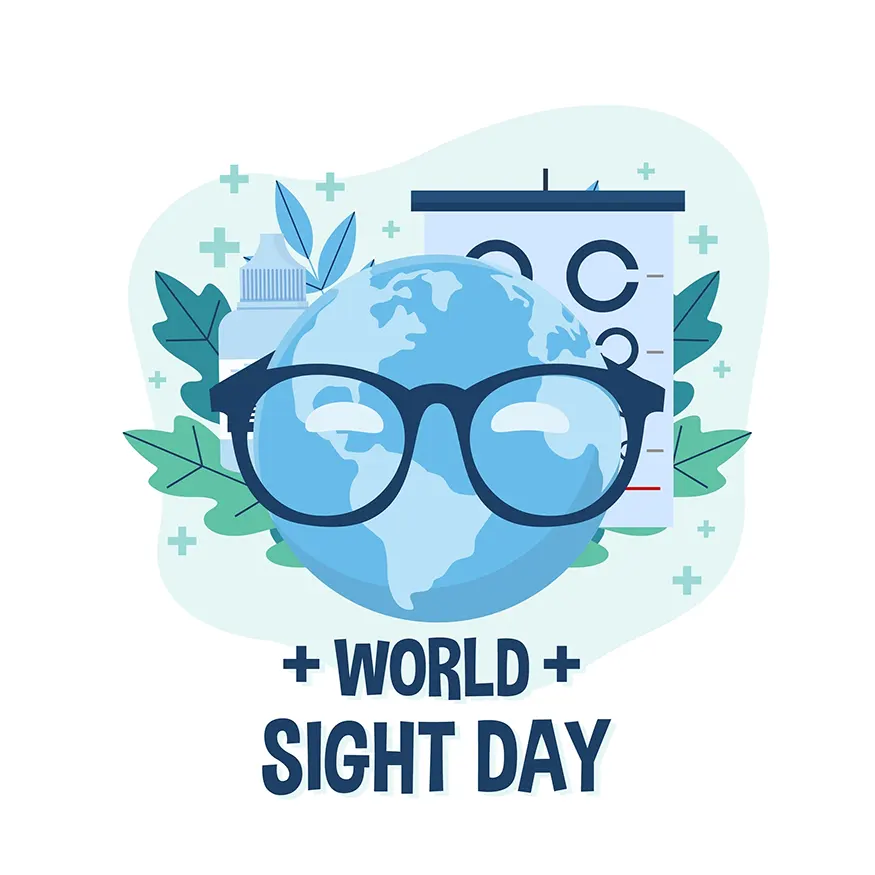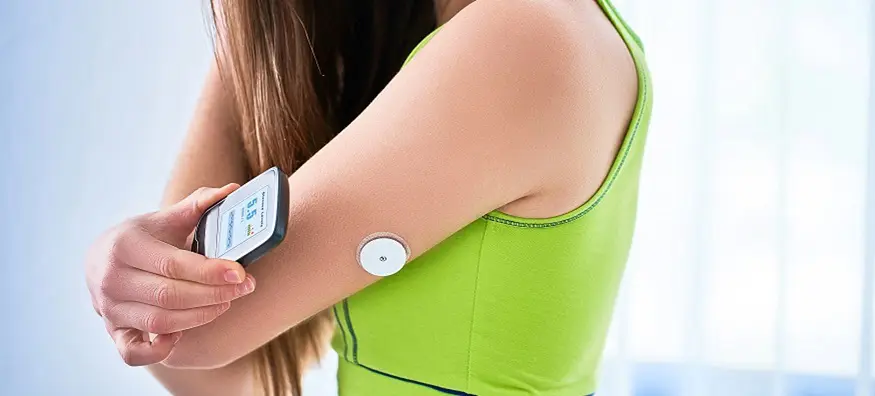How much sun do we need for sufficient vitamin D?
Regular sunlight exposure is the best way to get vitamin D. Just 10 minutes a day of sun exposure should be enough to get your recommended daily allowance. In places like the UK, where there is very little sunlight through the winter, it’s recommended that people take a daily vitamin D supplement during this time to ensure they don’t become deficient.
Why is UV protection important?
Ultraviolet radiation from the sun is a major cause of skin cancer. Beyond skin damage, excessive UV exposure can lead to serious eye conditions, including cataracts, photokeratitis (sunburn of the cornea), and even eye cancer. Importantly, UV rays can penetrate clouds, making sun protection essential year-round. But how could we keep ourselves safe from the health hazards caused by sun rays?
Expert tips to keep you sun-safe
Here are a few expert-recommended tips to guard you against the adverse effects of sun rays:
1. Wear UV-blocking sunglasses and lenses
Choose sunglasses with optimum sun protection to shield your eyes from harmful rays and reduce the risk of UV-related eye conditions. At Feel Good Contacts, all our sunglasses offer 100% UVA and UVB protection, so you can stay safe in the sun. We offer a range of contact lenses with a UV filter, which, when worn with the right sun protective eyewear, provide additional protection from harmful UV radiation.
2. Upgrade your prescription glasses
To enjoy perfect vision and sun protection in a single frame, you can:
a) Turn your glasses into prescription sunglasses. Simply choose your preferred glasses frame from our collection of prescription glasses, enter your prescription (or send it to us after your purchase), select the ‘Tints’ option and pick from full tint, gradient, mirrored and polarised as your preferred tint type. Choose from the available colour options and checkout.
b) Choose transition or photochromic lenses for your glasses. These self-tinting lenses allow you to walk around inside with clear lenses and enjoy the UV protection of tinted lenses when you step outside. Pick from Light Reactive, Transitions Gen S, Transition Xtractive, and Transition Drivewear lenses as per your vision requirement and level of light sensitivity.
3. Stay in the shade
You can have fun in the sun without being directly exposed to it. Wide-brim hats and parasols are great options to stay in the shade while enjoying the sun. You should also avoid being in the sun between 11am and 3pm, as this is the time of day when the sun can cause the most damage. Even when you are wearing sunscreen, remaining in the shade for large portions of the day will help you to avoid burning. The danger of sunburn is that it can increase your risk of developing health issues such as skin cancer, and the more you get burnt, the higher your risk becomes.
4. Wear sunscreen
You should always apply broad-spectrum SPF to all exposed skin, at least 30 minutes before sun exposure. ‘Broad spectrum’ means that the SPF will protect you against UVA and UVB rays. There are many formulations of sun cream now available, including roll-on, spray, cream and aerosol. Just remember to apply enough product (about two milligrams of sunscreen per square centimetre of skin). If you don’t apply enough product, then you won’t get the full amount of protection.
5. Keep your eyes hydrated
Warmer weather can make your eyes feel dry, especially if you wear contact lenses or suffer from seasonal allergies. Soothe dry and/or irritated eyes with hydrating eye drops, such as our comfi Soothe Drops designed to replicate your natural tears and can be used with or without contact lenses.
Feel Good Contacts is one of the most trusted online eyecare retailers that offer a wide range of popular eye drops, contact lenses, 100% UV-protected sunglasses and other eye care essentials at unbeatable prices.
Is the sun safe?
With the right protection, sun exposure can be safe and enjoyable for everyone. There are certain precautions you should take before you go out in the sun such as wearing sunglasses, applying/re-applying SPF and staying in the shade during the middle of the day. You can also explore our range of UV-blocking sunglasses and prescription sunglasses today and take a proactive step towards safeguarding your eye health.
Disclaimer: The advice and suggestions in this blog are for informational purposes only and are not a substitute for medical care. Before trying any products or remedies, consult with an eye care professional. See our Editorial Policy for details on how we review our blog.






















